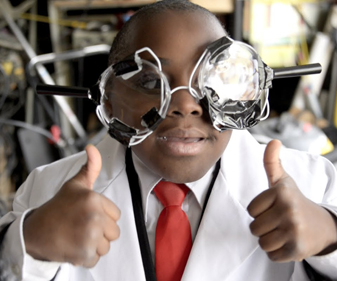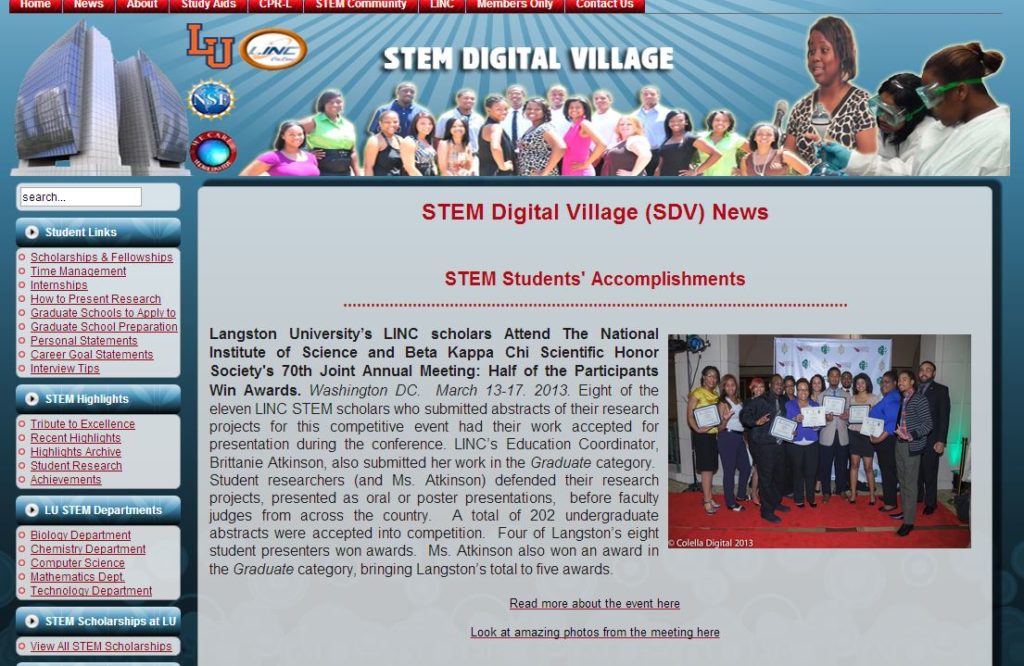What you see depends on where you stand



Focus on Science, Technology, Engineering, and Mathematics
Focusing on the Problem in STEM Education

In this article, Langston University professor John K. Coleman talks about the problems that he, and many others, encounter in student readiness for entry level college STEM courses. He also shares a process that has shown considerable promise as a solution.
Dr. Coleman says: “The most critical issue that impedes college bound students’ ability to adopt a logical, problem-solving process that ensures success in STEM courses is their extreme lack of foundational knowledge.
A Case for STEM Excellence

The National Academy of Sciences, National Academy of Engineering, and the Institute of Medicine describe STEM as “high-quality, knowledge-intensive jobs . . . that lead to discovery and new technology,” improving the U.S. economy and standard of living.
Why should Black parents care? Jobs. Money. The ability to create new and exciting innovations.
Like women and other minority groups, African-American men are also underrepresented in the workforce. Census data show that in 2010, African-American men made up 6.2 percent of the population between 18 and 64 years old.
Competency Performance Recordings for Learning (CPR-L)

Dr. Coleman developed his CPR-L process as an intervention to alter how first year chemistry students approach solving complex problems. He found that the process disrupts students’ propensity to memorize answers to problems rather than understand the concept represented by the problem.
Competency Performance Recordings for Learning (CPR-L) focuses on honing cognition skills.
